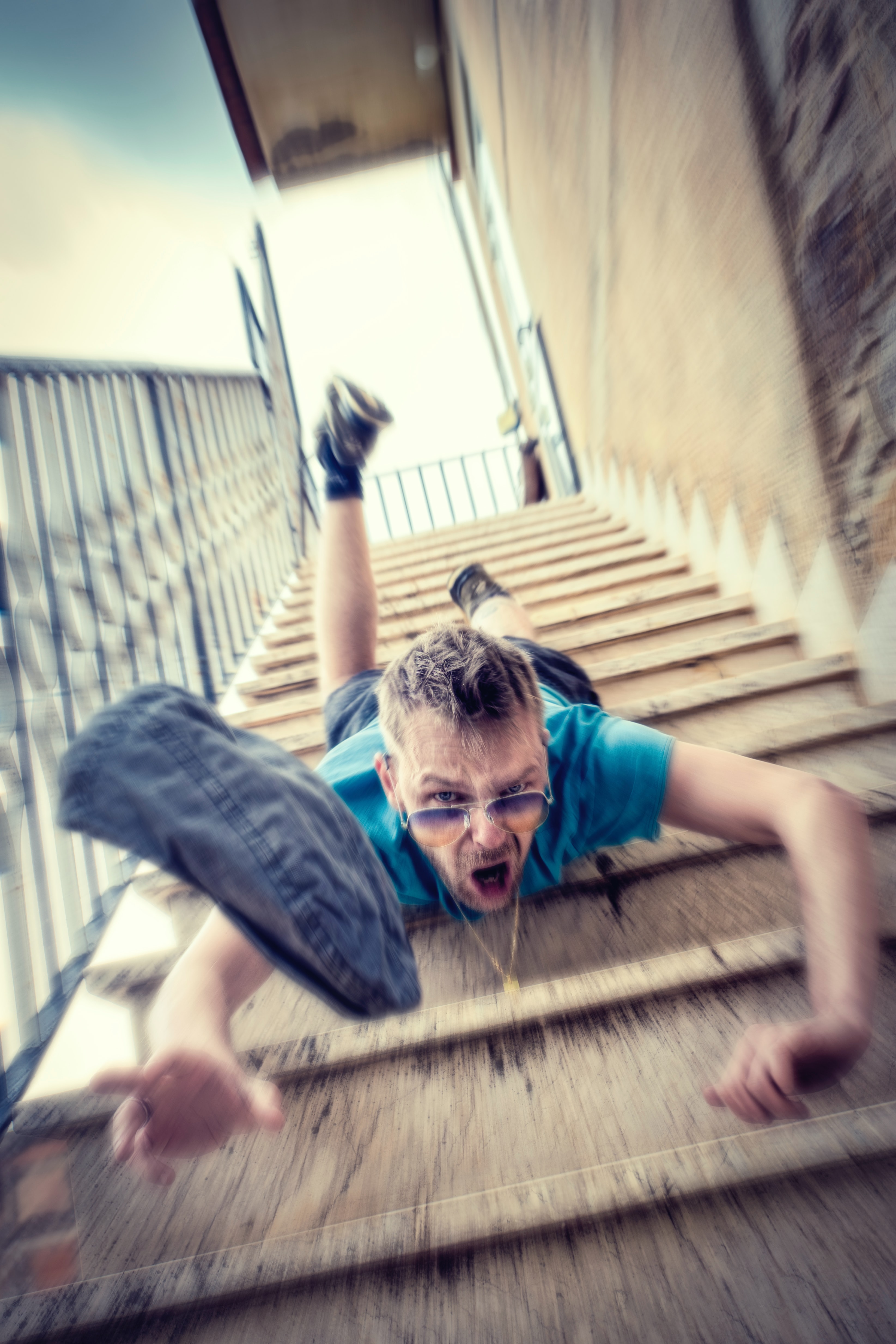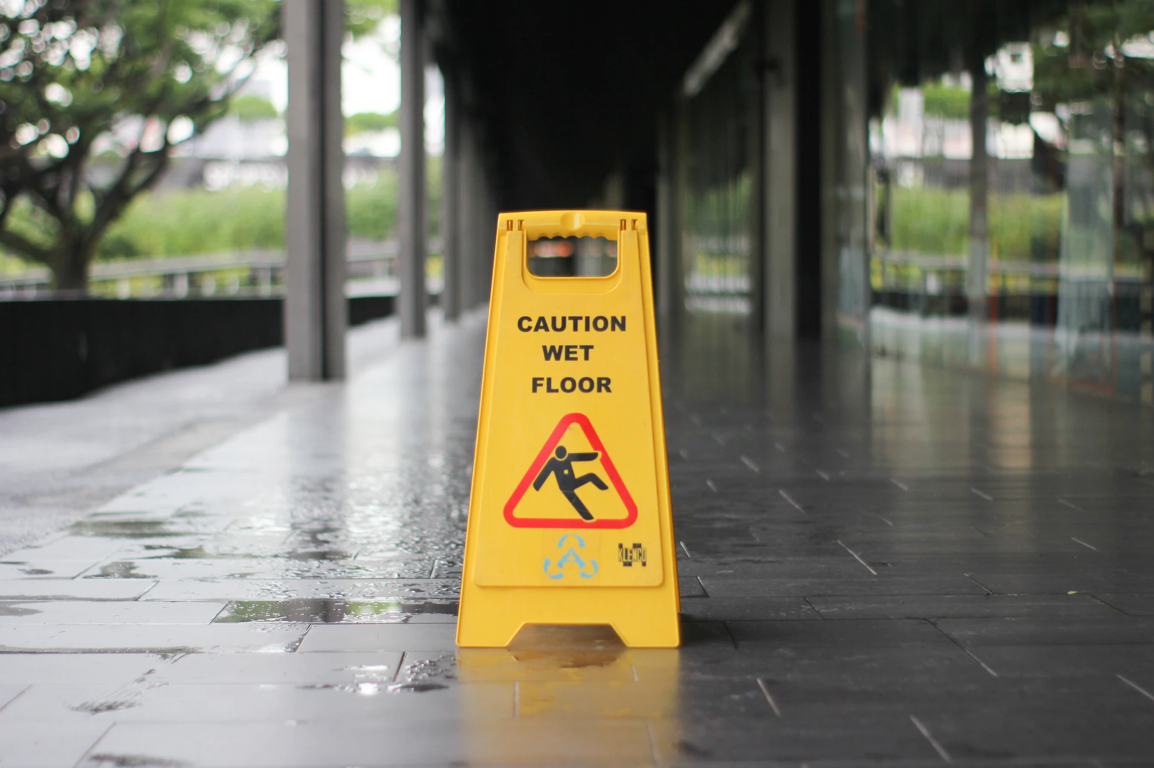If all of your losses are not covered by insurance, you are able to pursue the rest through a premises liability lawsuit.
Understanding Nevada premises liability laws is important for both property owners and visitors. Property owners are responsible for keeping a safe environment for guests and employees that come onto the premises. If you have been injured at a business or other property, you have the right to seek financial compensation for your medical bills, lost wages, and emotional trauma.
What Is Premises Liability?
Premises liability is the legal responsibility that property owners have to ensure safe visiting conditions for guests. The most common examples of premises liability cases include slip and falls, negligent security, faulty construction, and inadequate maintenance.
Visitors are separated into three categories when they are on a property, which are invitees, licensees, and trespassers. Each category is owed a different level of care by the property owner.
Invitees, such as customers, are owed the highest level of care. Licensees, which include social guests, are owed a moderate level of care, while trespassers are owed the least amount of care. Children can be an exception to this in certain situations.
Types of Premises Liability Claims in Nevada
Premises liability claims occur in a variety of situations. The most common types of premises liability claims include:
Slip and Fall Accidents
Slip and fall accidents may be caused by wet floors, cluttered walkways, or uneven surfaces. Property owners should inspect the property for hazards on a regular basis and make sure to warn guests with proper signage.
Inadequate Maintenance
If a property has not been properly maintained, it may lead to broken stairs, faulty electrical systems, and poorly lit areas. With regular maintenance, property owners can help reduce the risks of accidents for visitors.
Negligent Security
Properties should have proper lighting, working locks, or even security personnel to help reduce the risk of attacks. These security measures are especially important for apartment buildings and businesses.
Dog Bites
Dog owners are responsible for their pet’s actions and making sure that their dog does not pose a risk to others. If a dog bites someone, whether on the owner’s property or off, the owner can be held liable for the injury.
Swimming Pool Accidents
Swimming pools pose a risk, especially to unattended children. Pools must be secured and maintained to safety requirements to prevent injuries. Swimming pools are considered an attractive nuisance, as they may draw in uninvited children who wish to swim.
Toxic Exposure
Mold, asbestos, and chemical exposure can lead to serious health concerns for guests. Properties should be inspected for these hazardous substances and action should be taken to remove them.
Requirements for a Successful Premises Liability Claim in Nevada

Your lawyer will have to prove the key elements for you to pursue a premises liability claim in Nevada.
These elements include:
- Duty of Care: Your lawyer must prove that the property owner owed you a duty of care as an invitee, licensee, or trespasser.
- Breach of Duty: It must be demonstrated that the property owner breached his or her duty of care. This might be because of failure to warn of hazards, negligent maintenance, or inadequate security measures to prevent accidents.
- Causation: The breach of duty must be shown to have caused your injury. This is one of the reasons it is important to seek medical treatment after an accident. Medical documents can help prove that the underlying cause of your injury was the hazardous condition on the property.
- Damages: Your losses due to the accident, also known as damages, must be calculated. This may include your medical expenses, lost wages, and pain and suffering.
- Notice of Hazard: In many premises liability cases, it must also be proven that the property owner knew about the hazardous condition and did not take the appropriate action to fix the problem.
Your lawyer can help you build a case that will prove that the property owner’s negligence caused your injury. This can be done through the use of evidence, witness testimony expert witnesses, and your medical records.
Common Misconceptions About Premises Liability Laws
There are misconceptions about premises liability laws that your lawyer can address with you during your initial consultation. One of the most common is that if you are injured on someone’s property, he or she is automatically liable for your injuries. However, your visitor status does factor into your claim.
Property owners may falsely believe that warning signs are sufficient. Owners must also take reasonable steps to fix hazards and improve safety conditions.
Homeowner’s insurance may not cover all expenses of after you have been injured on the property. If all of your losses are not covered by insurance, you are able to pursue the rest through a premises liability lawsuit.


Join the conversation!